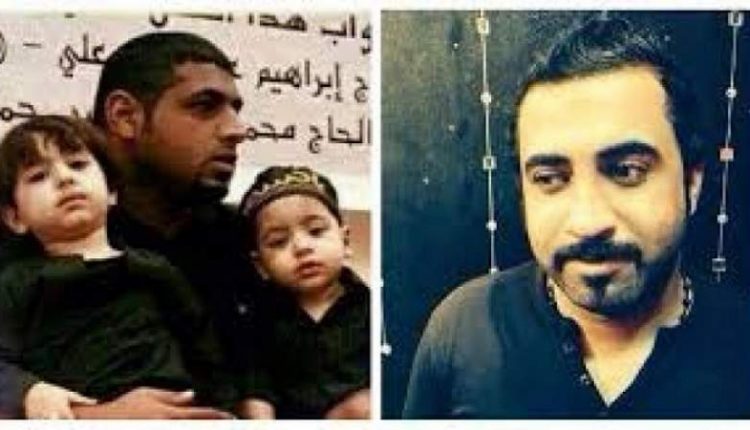Bahrain to Execute 2 Activists Despite Concerns Over Torture
Bahrain’s highest court has upheld the death penalty against two men charged with killing a policeman, despite international concern over confessions that rights groups say were extracted through torture.
Pro-democracy activists Mohammed Ramadhan and Husain Moosa were arrested in 2014 after a policeman was killed in a bombing in a village north-east of the gulf island nation’s capital, Manama. Ten other people tried with them have also been jailed.
Ramadhan and Moosa have now exhausted all legal remedies and their execution could occur at any time.
British MPs and peers from all parties last week urged the Bahraini royal family to reconsider, partly because there was so much concern from advocacy groups that confessions made in 2014 but since withdrawn could not be deemed safe.
The UK provides security assistance to Bahrain’s prison and judicial departments, and critics say the aid is achieving little by way of reform but instead primarily acts as a shield to allow Britain to maintain a major strategic naval base in the kingdom.
Some MPs have demanded that the UK end its assistance if the executions go ahead, but the Foreign Office has declined to give such an undertaking, saying it is convinced that the kingdom is seeking to reform.
The FCO strongly believes any representations are most effective if conducted privately, and is determined not to jeopardise a military and trade alliance. On Sunday the British ambassador to Bahrain, Roderick Drummond, met Bahrain’s minister of foreign affairs, Abdullatif bin Rashid Al Zayani by videoconference. The UK is planning to double its trade with Bahrain, and is dependent on the naval base.
The confirmation of the decision of the court of cassation was announced by the public prosecutors on their Instagram page on Monday.
Mohammed’s wife, Zainab Ebrahim, said she and her husband’s lawyer had been barred entry to the court room and she had not been given a reason. She wrote on Twitter: “The terror of knowing that my husband can be executed by firing squad at any moment without proper notice is tearing me apart. I don’t know how I will be able to tell my three children that their father is never coming home.”
Her husband had also used Twitter to appeal for help, saying he knew few would listen to him since he was not famous and did not have money.
Sayed Ahmed Alwadaei, the director of advocacy at the Bahrain Institute for Rights and Democracy, said: “Today’s verdict is yet another dark stain in the struggle for human rights in Bahrain, demonstrating the regime’s iron grip over the country’s corrupt judiciary. This horrendous injustice could not have happened without the tacit acceptance of Bahrain’s western allies.”
Maya Foa, the director of the legal charity Reprieve, said: “Faced with demands from MPs to act to save these men’s lives, the government once again talked up its relationship with Bahrain and the UK support that has supposedly helped the kingdom ‘head in a positive direction’ on human rights.
“The foreign secretary talks about regimes with blood on their hands, but Britain’s role in these unlawful death sentences, and apparent unwillingness to intervene to stop them, is deeply disquieting.”
Kate Allen, Amnesty International UK’s director, said: “UK support for Bahrain must not be allowed to provide cover for what is obviously a deeply dysfunctional Bahraini justice system, one that allows mass unfair trials, strips people of their nationality and passes appalling death sentences like this.”
Hopes for their release were first raised in 2018 when the court of cassation overturned the death sentences and ordered local oversight bodies to investigate whether the men had been tortured, after representations by human rights groups. Their death sentences were reimposed on 8 January by the high court of appeal.
Bahrain’s government said the case met all requirements of a fair trial, and the initial judgment was followed by a second trial that looked into the allegations of abuse.
“Each of the defendants had an attorney present with him throughout all the stages of the trial,” said Haroon al-Zayani, head of the public prosecutor’s technical bureau, in a statement sent to Reuters. “The chronology of medical reports showed confessions were obtained “in full consciousness and voluntarily, without any physical or verbal coercion”, he said.
Bahrain, which is led by a Sunni Muslim royal family but has a Shia majority population, has been clamping down on dissent since 2011 when it quashed protests with Saudi help.

